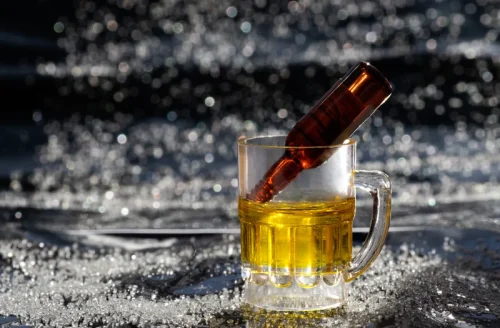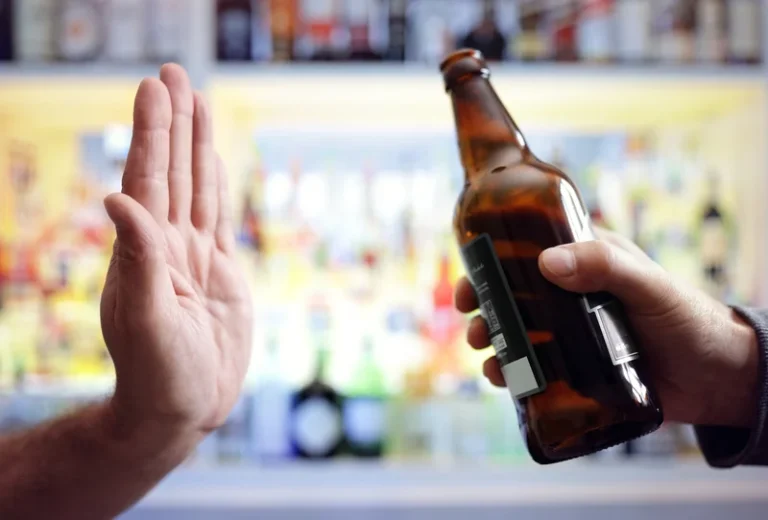
These are signs that the kidneys are not working as they should, and they can be symptoms of acute kidney injury due to a high alcohol consumption. To treat liver disease, you may be advised to stop drinking alcohol, lose weight, and follow a nutritional diet. The Recovery Village Palm Beach at Baptist Health provides a range of evidence-based treatment programs tailored to each individual’s unique circumstances. If you or someone you know is struggling with alcohol misuse, seeking professional help could significantly improve kidney health and overall well-being.

What are the Signs of Alcohol-Induced Kidney Damage?

While alcohol doesn’t directly cause the infection, it can indirectly increase susceptibility. Alcohol’s immunosuppressive effects can weaken the body’s ability to fight off infections, making individuals more vulnerable to pyelonephritis. Furthermore, dehydration, a common consequence of heavy alcohol use, can concentrate urine, creating a more favorable environment for bacterial growth. Still, there may be other factors related to your kidney disease that may affect your ability to consume amphetamine addiction treatment alcohol.
Health Categories to Explore

For instance, dehydration, a common symptom of many illnesses, can exacerbate kidney issues. Consuming alcohol affects various parts of your body, including your kidneys. Moderate drinking, such as one or two drinks now and then, usually has no severe effects. However, too much alcohol (more than four drinks daily) can affect your health and worsen kidney disease. For those struggling with alcohol addiction and its impact on kidney health, detoxification is often the first critical step.
Kidney Stones
In some cases, especially in the early stages of kidney impairment, the kidneys can partially or even fully recover from alcohol-induced damage once alcohol use is reduced or stopped. Much depends on individual factors, https://ecosoberhouse.com/ including how long you have been drinking, the quantity consumed and your overall health status. The sooner you intervene and adopt healthier habits, the better your odds of preserving kidney function. Pelviureteric Junction (PUJ) obstruction may also cause kidney pain after drinking alcohol.
The pain experienced can range from mild discomfort to severe, debilitating agony, depending on the specific condition and its severity. Understanding the connection between alcohol and kidney pain is crucial for preventing potential long-term health problems. This involves recognizing the warning signs, seeking timely medical attention, and making informed lifestyle choices to mitigate the risks. This article provides a comprehensive overview of this important topic, aiming to empower readers with knowledge to safeguard their kidney health. Excessive alcohol consumption can indeed lead to kidney pain, often manifesting as discomfort or a dull ache in the flank area.

Kidney pain may be experienced as back pain, but if there is kidney damage resulting from alcohol use, other symptoms may occur. We review the symptoms of kidney damage and kidney failure further along in this article, but first alcohol and kidney pain let’s discuss how alcohol interacts with the kidneys. People who drink too much are more likely to have high blood pressure.
- The discomfort may be mild or severe and manifest on one or both sides of the body.
- Through trauma-focused therapies and participating in meaningful group therapy, clients are guided to process past experiences, build resilience, and develop healthier coping mechanisms.
- Therapeutic options might include medication, rehydration, or, in some cases, surgery.Here’s what you must know about the various treatment options.
- When consumed, alcohol acts as a diuretic, increasing urine production and leading to dehydration.
Ultimately, if you experience persistent kidney pain, consulting a healthcare professional is always advisable. Talk with your doctor about how drinking alcohol may affect your life with CKD and your risk of other conditions. Although light to moderate alcohol consumption may not pose a risk to some people with CKD, each individual situation is different. Additional studies are needed to clarify the effect of alcohol on the kidneys in people with CKD.
- For instance, research into the propiedades de la papaya para productos topicos de tesis could offer insights into potential future treatments for various conditions.
- When there isn’t enough fluid available to filter out certain substances like calcium or uric acid through urine, those substances will deposit in the kidneys and form into stones.
- This can cause various symptoms, including nausea, headache, and even seizures, which might manifest as kidney pain or discomfort due to the body’s overall stress response.
- When ADH is suppressed, your body produces more urine than usual, increasing the likelihood of dehydration.
The right treatment option for kidney pain related to alcohol depends on the cause. You can have a sports drink that has electrolytes and a carbohydrate solution. You may be able to treat small kidney stones by increasing your water intake, taking medication, or using home remedies. A 2018 study found that having alcohol use disorder increased the likelihood of having a new diagnosis of CKD. However, the study authors also mentioned that more studies are needed to explore the connection between AUD and kidney function.
Electrolyte-containing beverages can also help maintain proper fluid balance. Simple strategies like alternating a glass of water with each alcoholic drink or setting a personal limit for the evening can keep you aware of your intake and hydration needs. Some people experience pain only when they drink some alcohol, while others experience a dull pain even when they have stopped drinking.